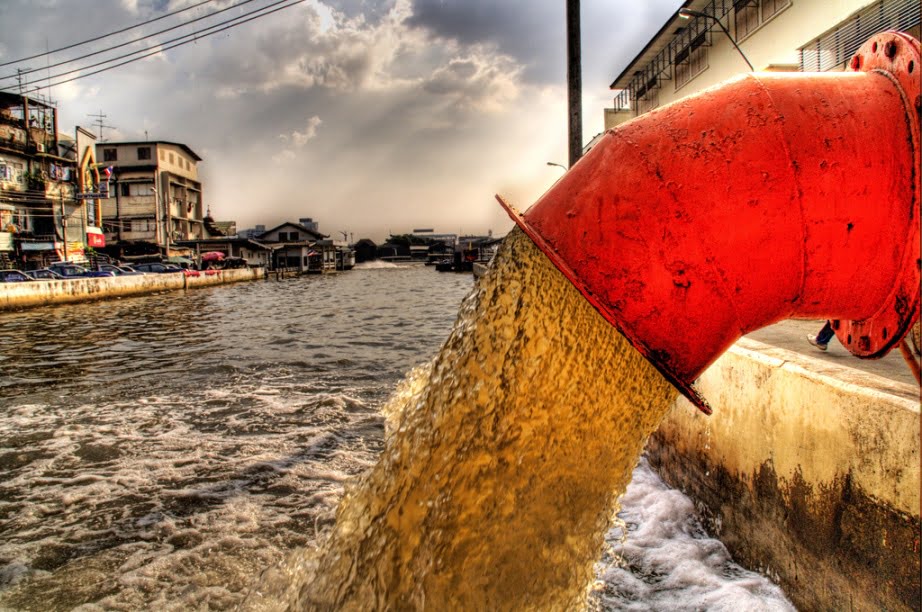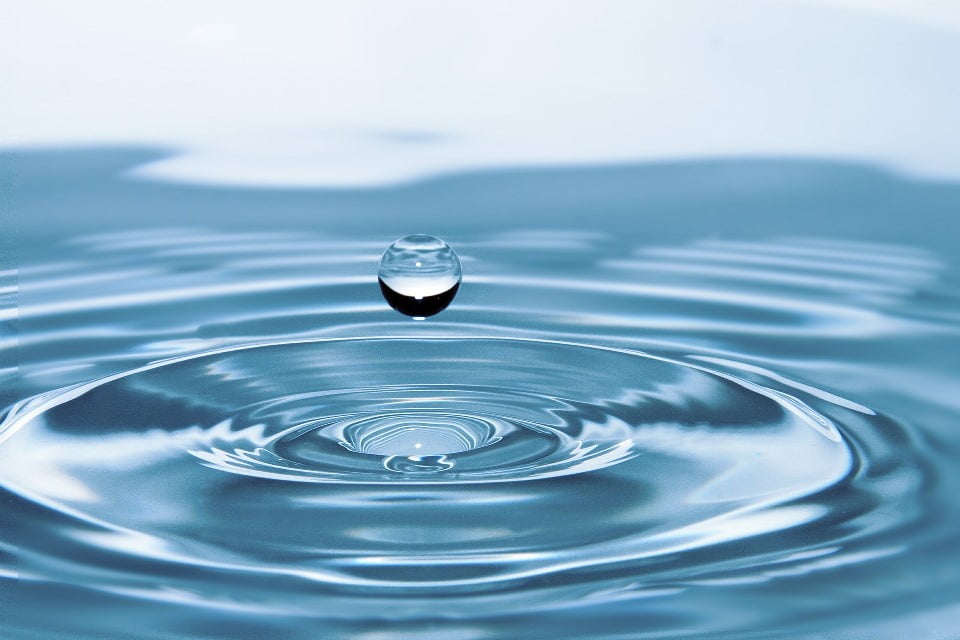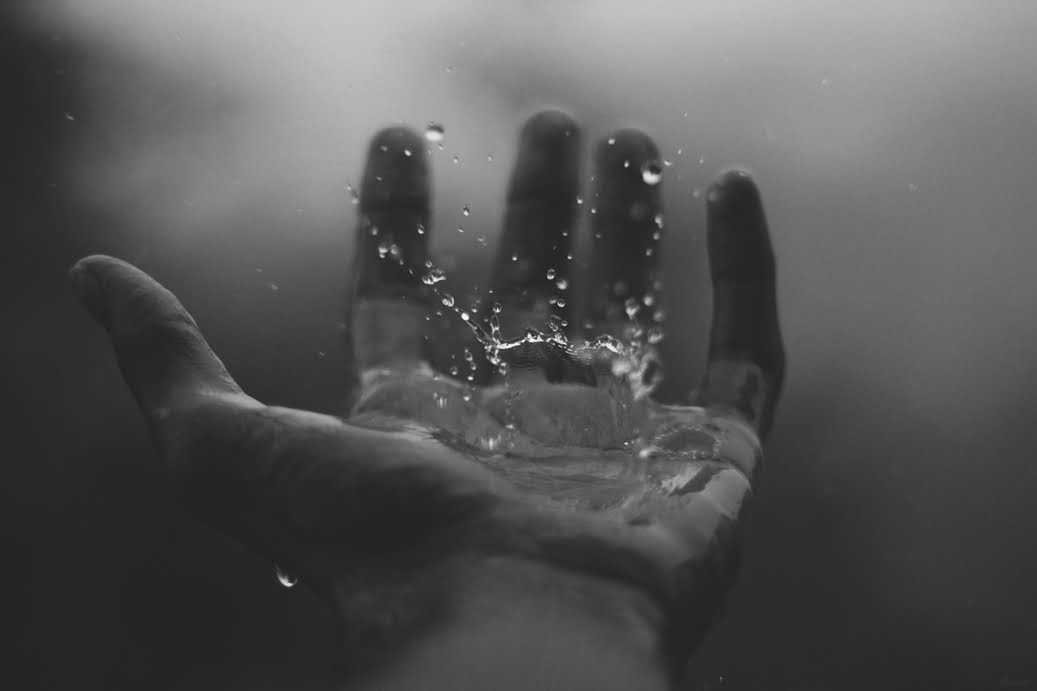It’s no secret that water is the world’s most precious resource. According to the World Health Organization (WHO), by 2025, half of the world’s population will be living in a water-stressed region. The organization further estimates that more than 1.8 billion people worldwide currently live off contaminated water sources which can result in a host of diseases.
Now, Israeli, German and US researchers have teamed up to develop a filtration membrane that removes viruses and bacteria from wastewater and turns it into potable water.
SEE ALSO: Israeli Company Ayala Purifies Greywater Using Plants
The “zwitterionic polymer hydrogel” membrane has been developed by researchers from Israel’s Ben-Gurion University (BGU), University Duisburg-Essen in Germany, and the University of Illinois at Urbana-Champaign. These membranes help to clean municipal wastewater, so that it can be recycled into clean drinking water.
The membrane was created by grafting a special hydro-gel coating onto a commercial ultra-filtration membrane. It then uses both negative and positive charges to repel viruses from approaching and passing through the filter – more efficiently and effectively than any of its rival technologies, according to BGU.
This filtration technique differs from existing purification technologies in the way that it efficiently recycles wastewater. While popular and life-saving, desalination through reverse-osmosis companies such as Israel Desalination Enterprise (IDE Technologies) can disrupt salt water ecosystems and require immense energy input. Companies such as Mapal Green Energy, which clean wastewater using aeration (pumping oxygen into wastewater to enhance aerobic digestion), require much energy as well.
The researchers acknowledge that other filtration membrane technologies exist, but claim those use chemicals such as chlorine, which can ultimately contaminate water with byproducts and using immense energy is neither maintainable or resourceful.
Therefore, the implications of this new filtration method are huge, as it can clean water sustainably, without disrupting natural ecosystems or using chemicals. For this reason, various governmental agencies such as the US Environmental Protection Agency and the German-Israeli Water Technology Cooperation Program have supported the zwitterionic polymer hydrogel research.
Sign up for our free weekly newsletter
SubscribeSEE ALSO: Could Groundwater Desalination Solve California’s Water Crisis?
Recycling water will become necessary as more and more cities begin to suffer from water scarcity and because ingesting unclean water can be fatal. Consequences of contaminated water range from norovirus, the leading cause of gastroenteritis-associated mortality, to adenoviruses which can cause the common cold, sore throat, bronchitis, pneumonia, diarrhea, pink eye (conjunctivitis), and neurological disease.
Water conservation is paramount
Preserving the quality of fresh water is important for the drinking-water supply, food production and recreational water use. Humans rely on water in every facet of life, therefore its conservation and preservation is paramount.
Fortunately, the new membrane has opened the flood gates to saving millions of lives by providing an innovative and sustainable system that recycles and cleans water.
Photos: Geetanjal Khanna
Related posts

Israeli Medical Technologies That Could Change The World

Harnessing Our Own Bodies For Side Effect-Free Weight Loss

Missing Protein Could Unlock Treatment For Aggressive Lung Cancer






Facebook comments